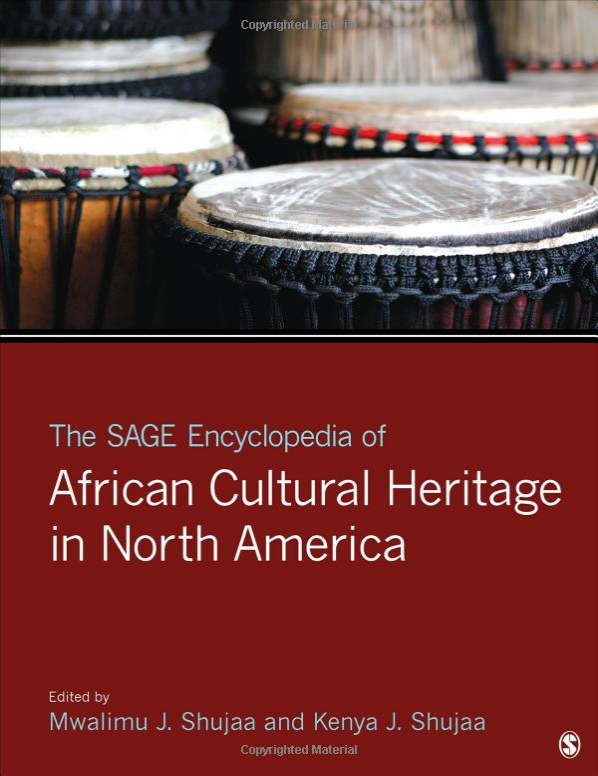Africanisms in Contemporary English
Abstract
Africanisms in contemporary English (CE) may refer to direct modern borrowings or loans from African languages or intergenerational inheritances from past borrowings. Culturo-linguistic
contact is at the root of Africanisms in contemporary English and may occur in areas including, but not limited to, syntax, morphology, phonology, phonetics, and pragmatics. This entry will focus on Africanisms in contemporary English, with particular focus on Ebonics, both as inheritances from the past as well as more recent imports, to gain a broader understanding of the interrelated processes and manifestations of African cultural retention and continuity within the North American context.
In what follows, examples from African languages and CE are provided to show parallels between the two. With regard to CE, the focus is on Ebonics for two primary reasons. First, Ebonics,
derived ultimately from African languages, shows the greatest degree of Africanisms by virtue of this fact. Second, Ebonics, through vehicles such as rap and hip-hop, rhythm and blues, jazz, the
blues, rock and roll, country, field songs, and ring shouts, has been and tends to be one of the most innovative and influential (voluntary and involuntary) documented contributors to what ends up eventually being incorporated into CE or mainstream Standard American English (SAE).


Leave a Reply